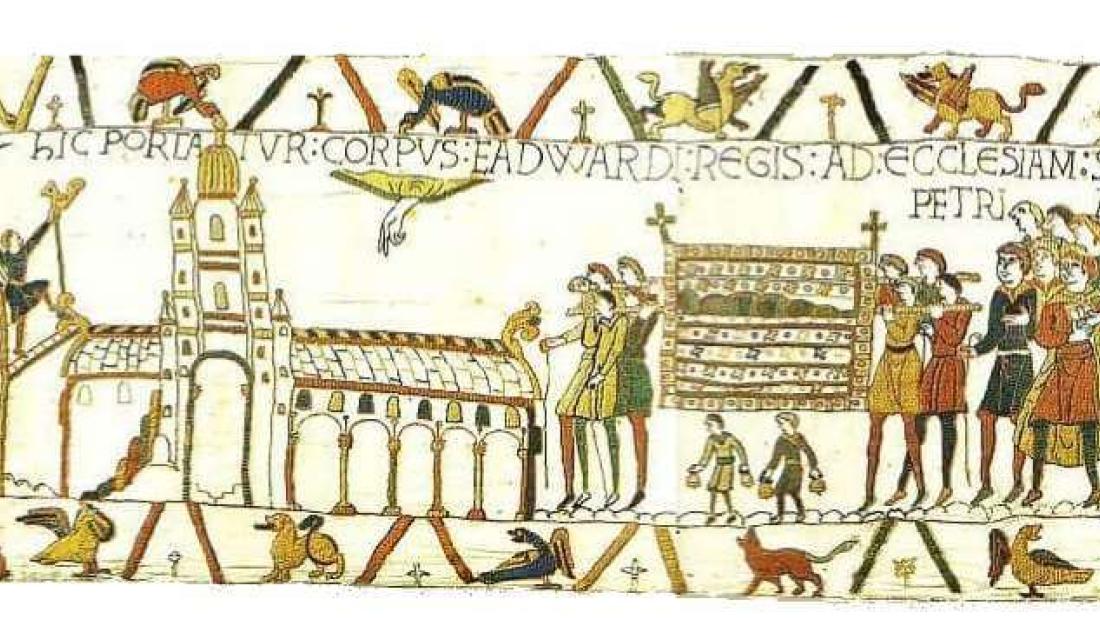About This Course
2-hour sessions over 6 weeks, in person in Bangor. Beginning September 24, 2025, sessions will be held every Wednesday from 6:00 PM to 8:00 PM for six weeks. The sessions will take the form of interactive lectures.
The Norman Conquest is one of the best-known events in British history. It brought drastic changes to British politics and society, redefined identities, and gave rise to legends and a legacy that still plays out today. This short course will explore the Norman Conquest and the reign of William the Conqueror (d. 1087), its impact on eleventh-century Britain, and how it is remembered today.
Each class will look at a particular theme:
- Norman and England before 1066;
- The succession, the Battle of Hastings, and the Bayeux Tapestry;
- Rule and Rebellion (with a focus on the ‘Harrying of the North’);
- The Norman impact on Britain: continuity and change;
- Domesday Book;
- The Norman Conquest in history books and the popular imagination.
Learners will be introduced to the life and reign of William the Conqueror and the sources that tell us about him, his conquest, his rule in England, and the Normans’ interventions in Wales and Scotland. They will explore some of the key themes and topics of the Conqueror’s reign, explore the debates surrounding them, and consider the disconnect between modern academic views and those enshrined in popular works on the subject.
This short course will introduce learners to William the Conqueror, his conquest of England, and his reign as king. It will improve learners’ knowledge and understanding of a key event in British history and the society in which it took place. It will also provide a sense of how the history of the eleventh century is written, and the strengths and limitations of the narratives and documents that tell us about it.
Location
The Sir Ifor Williams(LR4)
Bangor University,
College Road,
Bangor
LL57 2DG
Tutor
Mark Hagger

I joined the School of History, Welsh History and Archaeology (as it then was) at Bangor in September 2007. I was awarded my Ph.D. by the University of St Andrews in 1998, worked for a time as a solicitor in the City of London, but returned to academia in October 2003. From then until the summer of 2006 I was employed in the History Faculty at Oxford University as a post-doctoral research assistant on a project to edit the charters and writs of Henry I (1100–1135).
I am a fellow of the Royal Historical Society, a member of the council of the Pipe Roll Society, and a trustee of the Allen Brown Memorial Trust. I am currently Director of the annual Battle Conference on Anglo-Norman Studies and editor of the conference proceedings, Anglo-Norman Studies.
My research focuses on the rule and government of Normandy and England from the tenth to the twelfth centuries. I published a monograph, Norman rule in Normandy, 911-1144, in 2017, and am currently beginning work on the subsequent period of Angevin rule in the duchy between 1144 and 1204.
That research goes hand in hand with work on the rule and government of the Norman and Angevin kings in England, with a focus here on both the charters and writs that the various kings issued, as well as on the pipe rolls—the records of the annual audit of the king’s revenues.
Course Cost
The course is free

